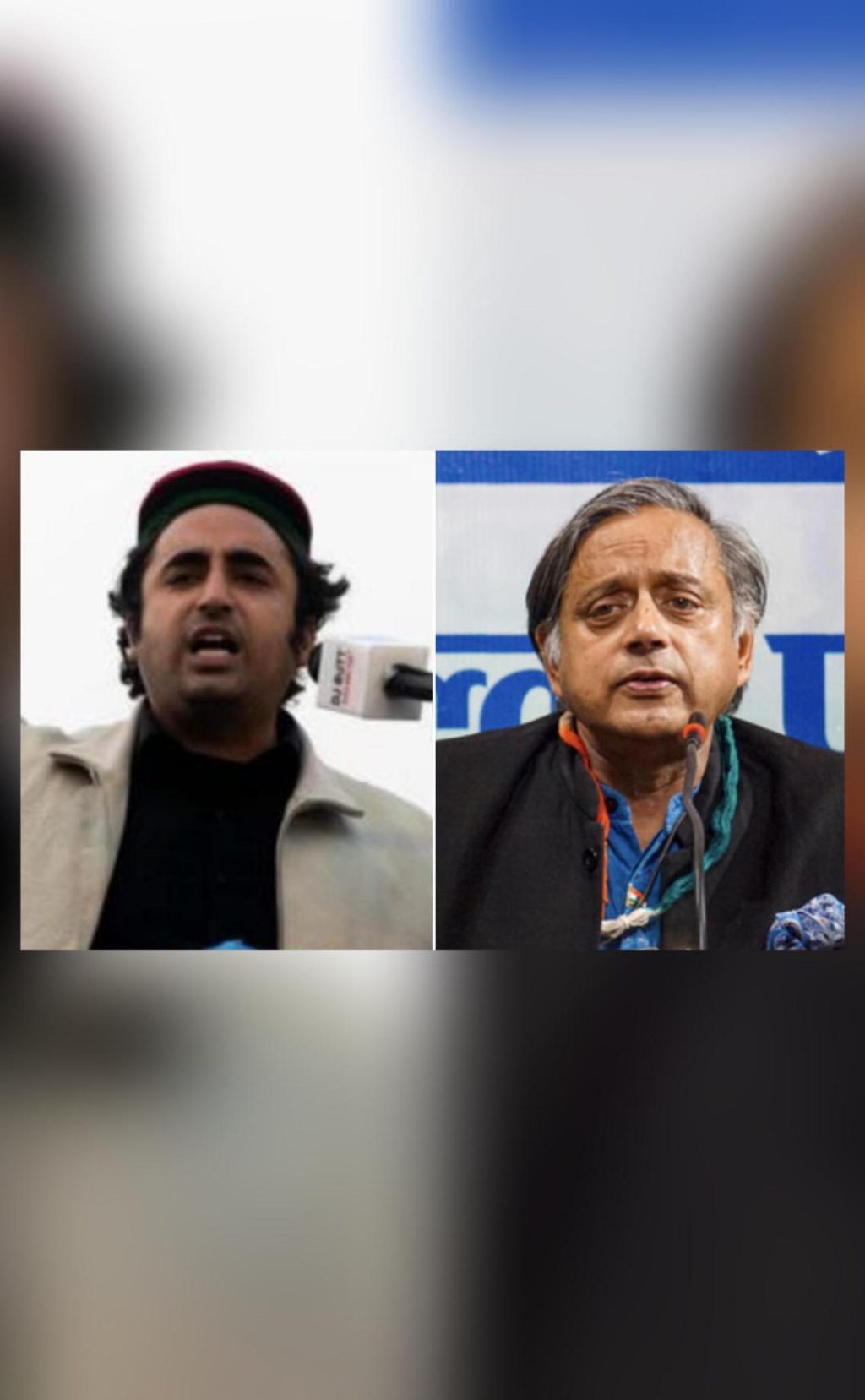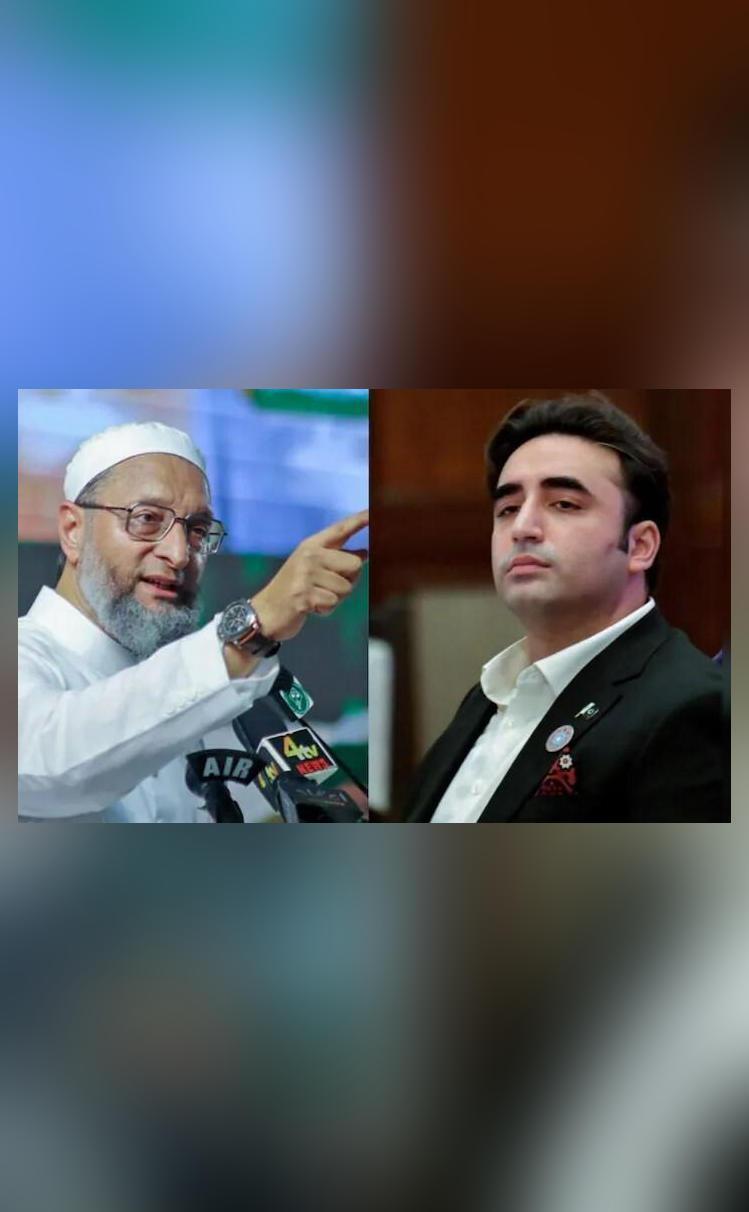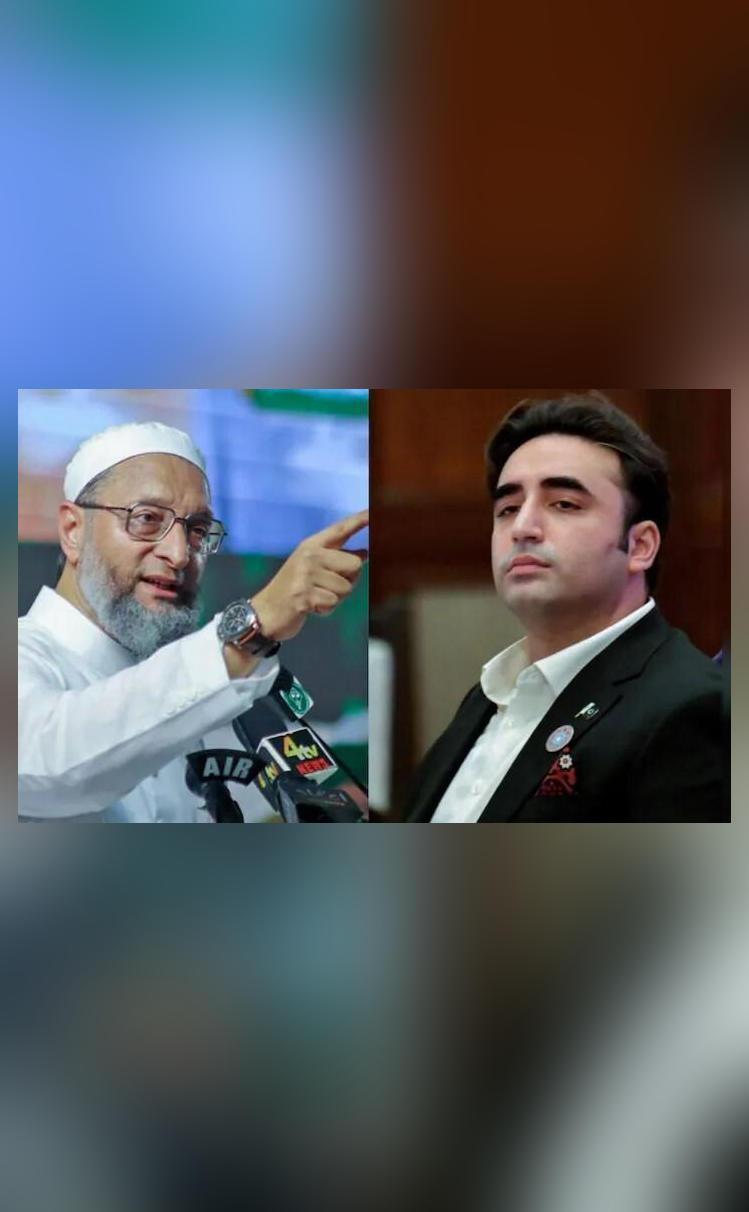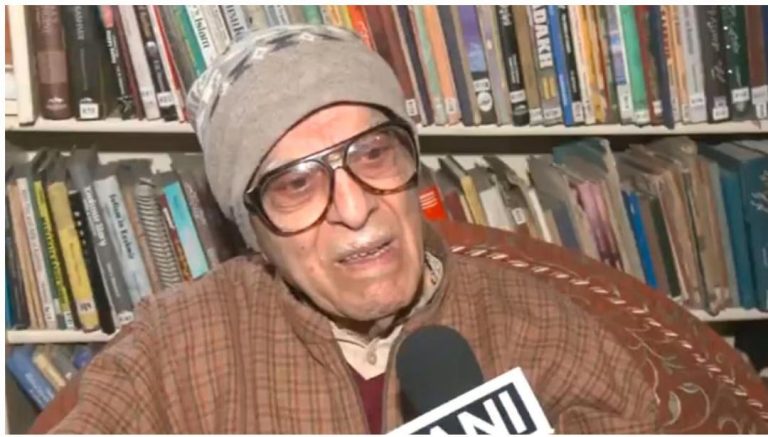
Title: Just Inflammatory Rhetoric: Tharoor on Bilawal Bhutto’s Remark
In the ongoing tensions between India and Pakistan, the recent remark made by Pakistani politician Bilawal Bhutto has sparked a heated debate. In response to India’s decision to suspend the Indus Waters Treaty over the Pahalgam attack, Bilawal Bhutto made a provocative statement that has drawn sharp criticism from Indian quarters. Congress MP Shashi Tharoor was quick to react, calling the remark “just inflammatory rhetoric”.
The backdrop of the controversy is the recent Pahalgam attack, where a group of terrorists targeted a tourist bus in the Kashmir valley, killing and injuring several people. In response to this heinous act, the Indian government decided to suspend the Indus Waters Treaty, which was signed between India and Pakistan in 1960 to regulate the sharing of water resources from the Indus River basin.
Bilawal Bhutto, the chairman of the Pakistan Peoples Party (PPP), responded to India’s decision by saying that the country will not be deterred by the move and will continue to support the people of Kashmir. He also threatened that if India takes any military action, Pakistan will respond accordingly.
Tharoor, known for his articulate and diplomatic language, was quick to respond to Bilawal Bhutto’s remark. In an interview, he said, “Pakistanis have to understand they simply can not kill Indians with impunity. It’s not a matter of just firing a few bullets and then going away. If blood is going to flow, it will flow possibly more on their side.”
Tharoor’s response is significant in the context of the ongoing tensions between the two countries. His statement is a clear warning to Pakistan that any further violence or provocation will have severe consequences. The Indian government has been emphasizing that it will not tolerate any acts of terrorism on its soil and will take all necessary measures to protect its citizens.
Tharoor’s critique of Bilawal Bhutto’s remark is also an implicit criticism of the Pakistani government’s handling of the situation. The Pakistani government has been accused of providing shelter to terrorists and not doing enough to curb their activities. Tharoor’s statement suggests that Pakistan needs to take immediate action to address this issue and prevent any further violence.
The suspension of the Indus Waters Treaty is a significant move by India, and it sends a strong message to Pakistan that it will not be business as usual until Pakistan takes concrete steps to address India’s concerns. The treaty was signed in the aftermath of the 1965 war between India and Pakistan, and it was intended to ensure the peaceful sharing of water resources between the two countries.
However, in recent years, tensions have been simmering between the two countries, particularly over the issue of Kashmir. The Pakistani government has been supporting separatist groups in Kashmir, which has led to increased violence and terrorism in the region. India has accused Pakistan of sponsoring terrorism and has been pushing for action against these groups.
In the context of the ongoing tensions, Tharoor’s statement is a clear warning to Pakistan that any further escalation will have severe consequences. His response is also a reflection of India’s determination to protect its citizens and its sovereignty.
In conclusion, Bilawal Bhutto’s remark has sparked a heated debate, and Tharoor’s response is a significant development in the ongoing tensions between India and Pakistan. The suspension of the Indus Waters Treaty is a strong message to Pakistan that it needs to take concrete steps to address India’s concerns. Tharoor’s statement is a clear warning to Pakistan that any further violence or provocation will have severe consequences.






